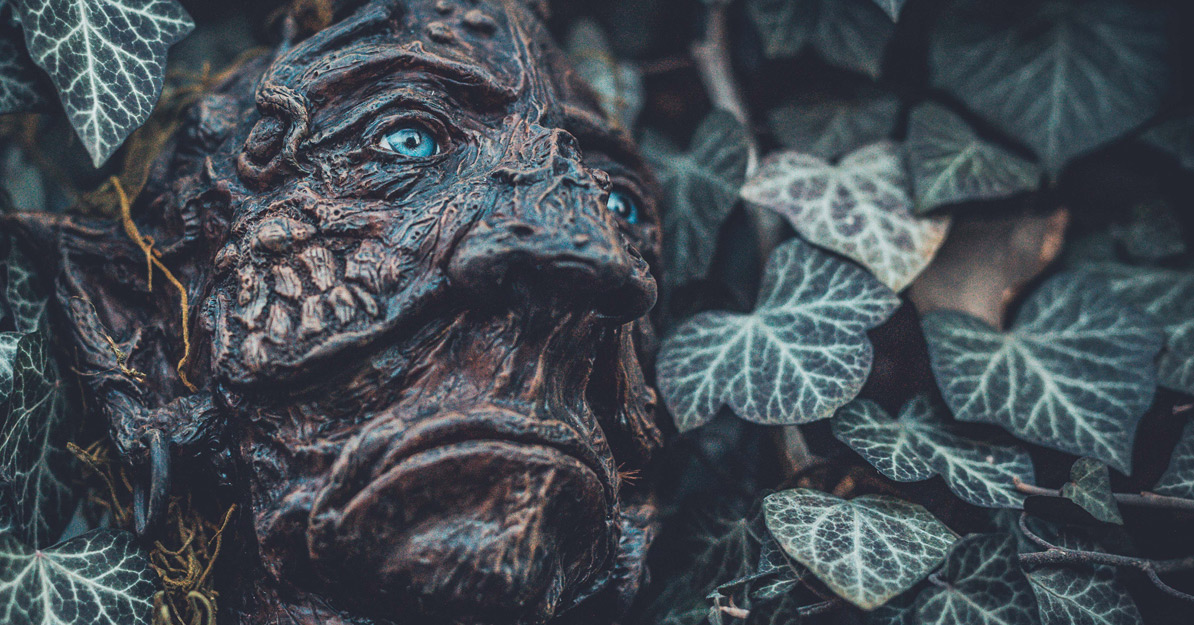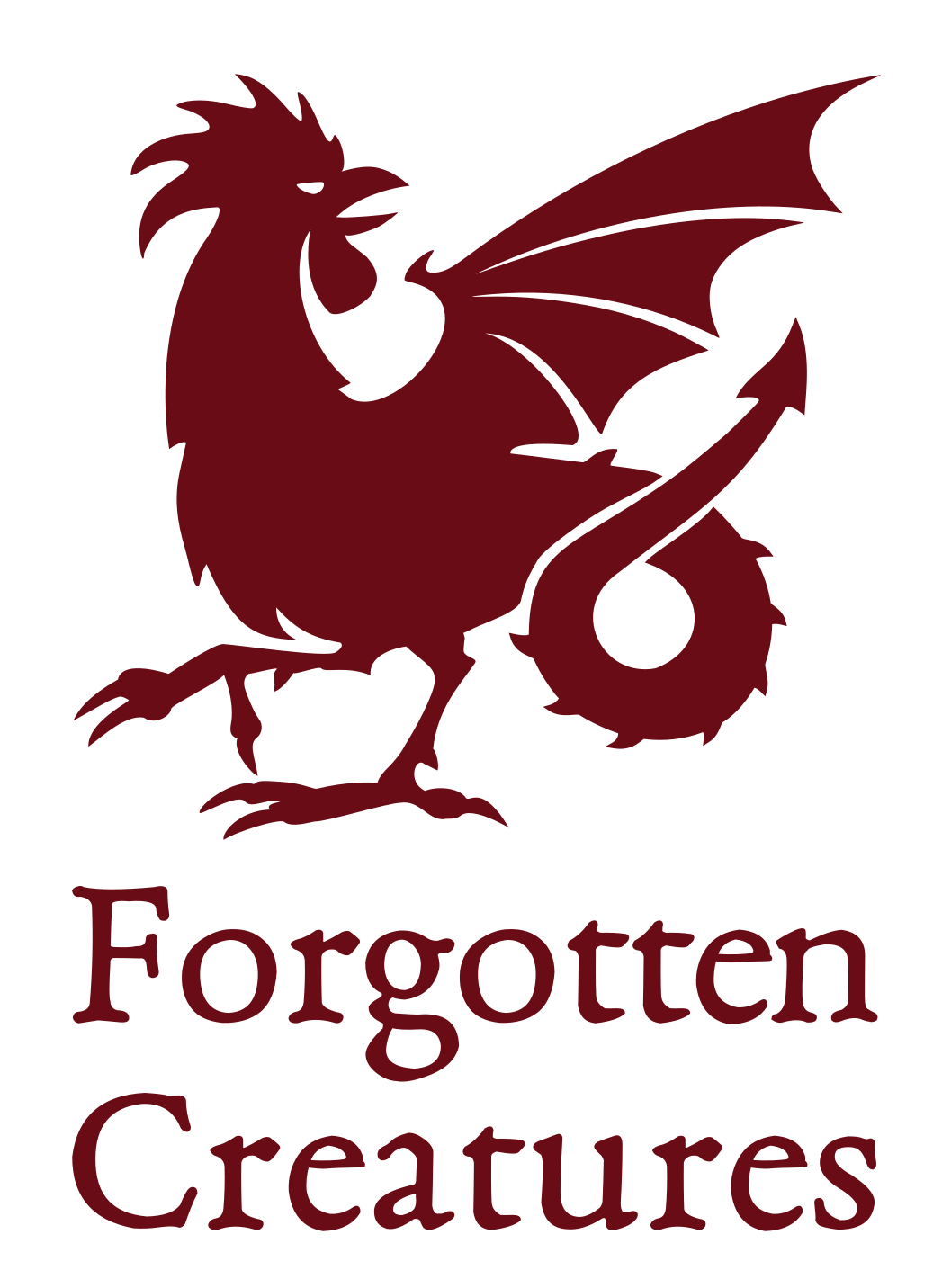
German folklore and National Socialism
Forgotten Creatures has set itself the task of telling the legends and myths of our past. One focus is on the German-speaking area. Wherever one deals with German tradition, customs and culture, the accusation quickly arises of adhering to right-wing movements and national ideas, of sympathizing with them or at least deliberately seeking their proximity. As our range grows, we therefore find ourselves in the position to take a stand on this silent reproach, which fortunately is seldom expressed.
The legends, fairy tales and myths of the German-speaking area are often not very popular today, most of them do not even know them. Many people, especially young, politically active people, react defensively to “customs” and “tradition”, since these terms were appropriated and misused by National Socialism in a way that still leaves a more than stale aftertaste when used.

The appropriation of the past to influence the present is not something that is reserved for nationalism. The Grimms used fairy tales and legends to create a German feeling of unity, to construct a primeval German mythology. In doing so, they did not shy away from making rapid changes. The Nazis stylized “Arminius” into the original German national hero Herrmann, used customs and questionable derivations of a mythological-national nature to prove the superiority and uniqueness of the Germans and the so-called “Aryans”.
Mythology has always been firmly anchored politically and socially. Only in recent times, when we can look at the beliefs of our ancestors with a corresponding distance (and in the field of world religions, this is still difficult for us today), some developments can be classified in world history. Nevertheless, the horrors of the “Third Reich” stand out beyond any comparison from our history. This is also shockingly clear with regard to discussions about German “Leitkultur”.

The beings that we present in our exhibitions, videos and books come from different cultures, countries and regions. The focus on Germany was chosen because the beings of lower mythology in particular were neglected in Germany, while a much more active narrative culture was preserved, especially in Nordic countries, in Great Britain and also slavic countries. The similarities and differences in the traditions make it attractive to deal with the myths of different regions. That is certainly one of the reasons why we chose an English title for this project with “Forgotten Creatures”.
The beings we approach are not pure fantasy. They allow us unfamiliar insights into people’s thoughts, socio-cultural and political developments. We do not want to glorify a picture of the past with our content, but rather to illuminate the function of these creatures with critical eyes and present them to the world of today. Right thinking, separatism and hatred have no business here.





Amrit Das
Thank you!